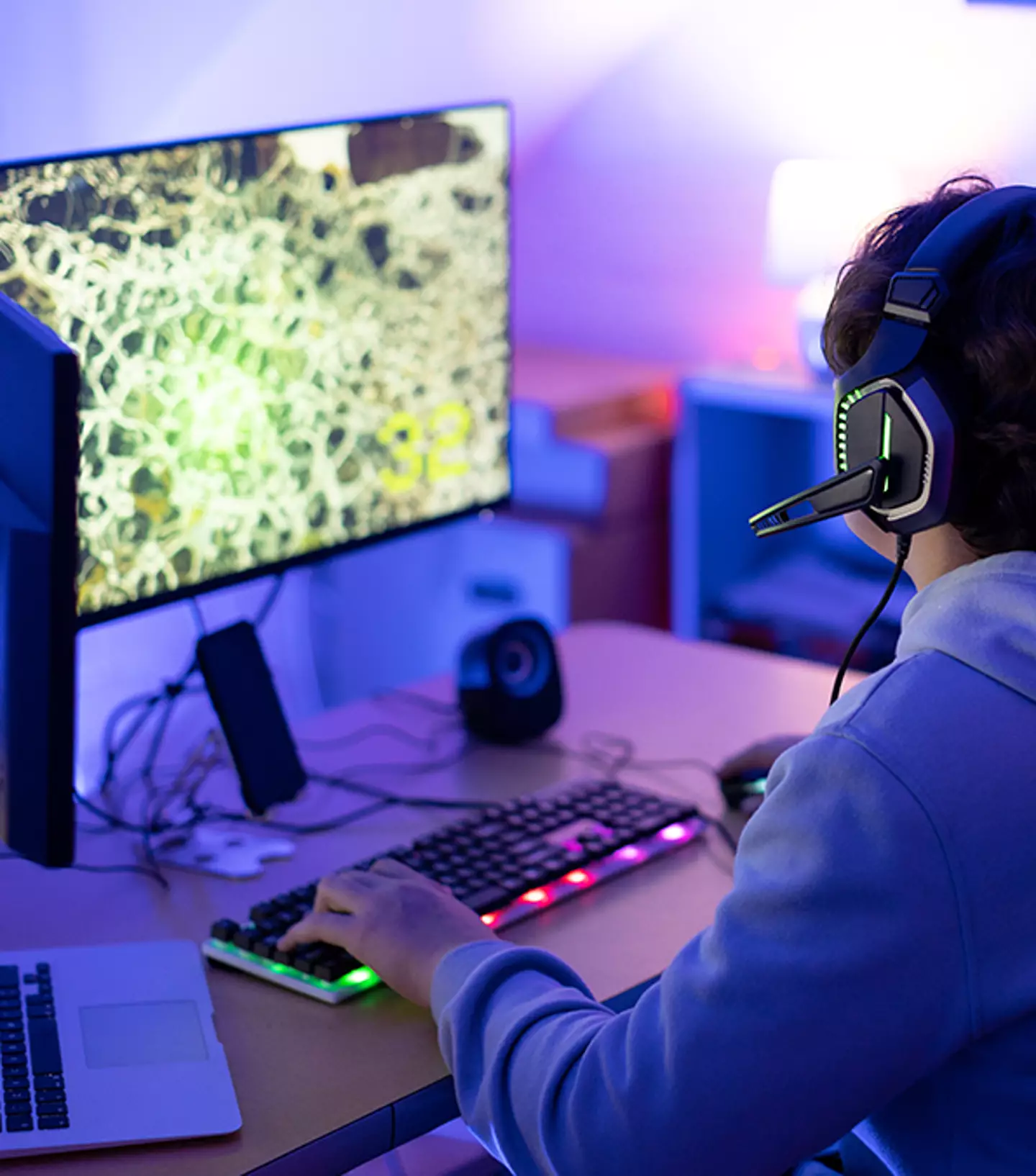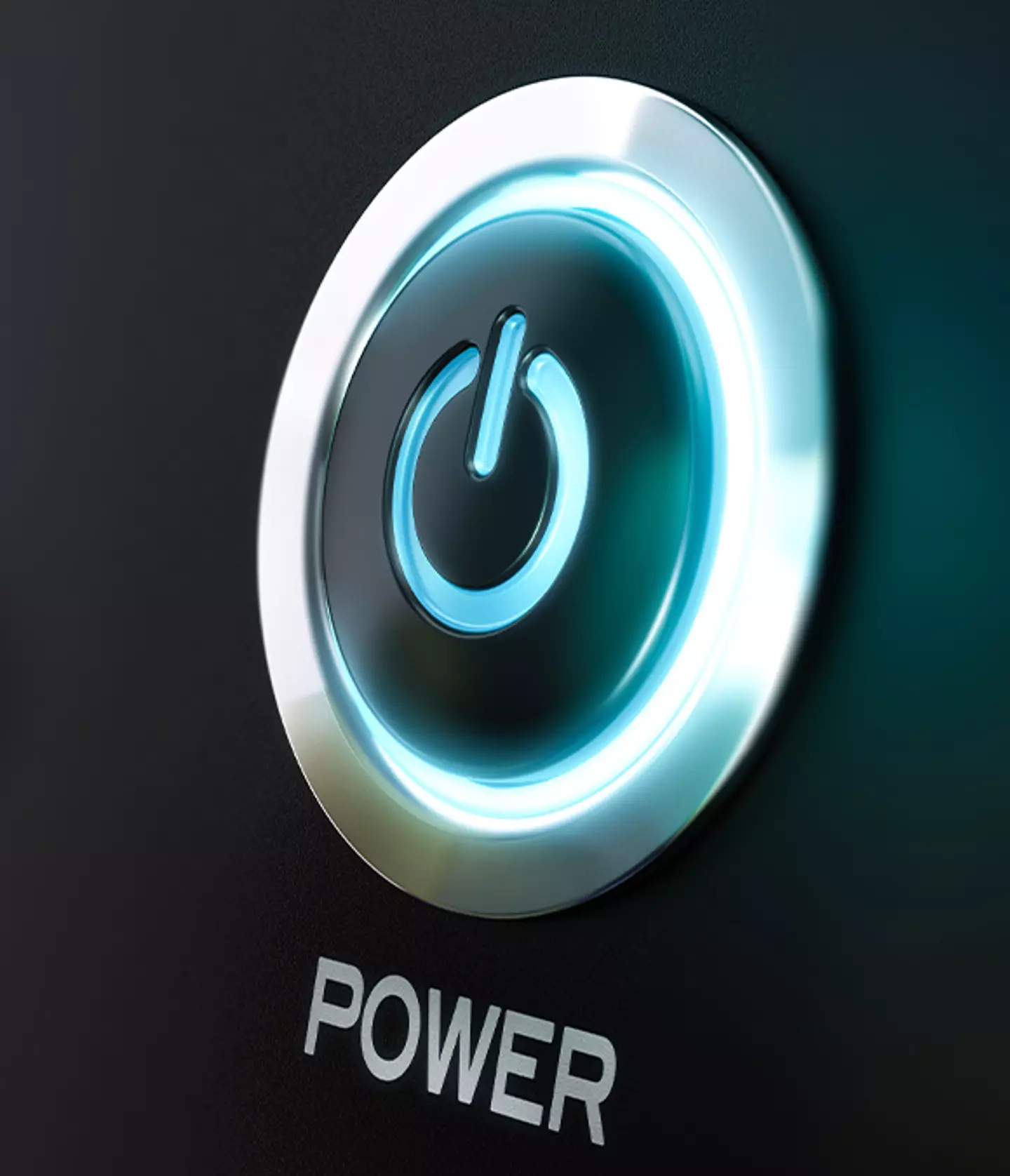
Some claim that leaving a computer on all the time causes wear and tear, while frequent restarts affect its longevity.
So, what do you do?
Should you close everything down and let the device sleep like the rest of us, or just close the lid so all your stuff is waiting for you the next morning?
According to a poll by Panda Security, only 37% out of 1,000 Americans shut down their computers every night.
Advert

Tech expert, Steven Leslie of Geek Squad, said it all comes down to how often you use your computer.
'If you use your computer multiple times per day, it’s best to leave it on. If you use it for a short time — say an hour or two — just once a day, or even less, then turn it off,' Leslie explained.
Computers go into 'sleep mode' after a certain amount of time regardless of whether the lid is closed.
Advert
Although it's called sleep mode, it's more of a low power state. The computer consumes very little energy to keep all your tasks and programs running in the background.
Just a quick wiggle of the mouse or a tap of the keyboard means you can immediately continue where you finished off.
Leslie added: 'Sleep is fine because it puts the computer into a low power state without turning it completely off.'
This is similar to the way that consoles like the PlayStation 5 go into rest mode, which is a quicker way to download games or software updates without having to keep the console on full power.
Advert
Whilst it's the more convenient option, Leslie warns that it comes with some drawbacks.

Leaving your computer in sleep mode whilst on an unsecured (public) network leaves it open to cyberattacks.
Additionally, the device isn't officially turned off, thus it still uses electricity - which might be something to consider if you're keeping an eye on the bills.
Advert
Leslie continued: 'In hibernate, your computer stops using power and resumes where it was when you put it in that mode. Hibernate is a less desirable option because it produces wear and tear that is similar to start and stop.'
On the contrary, turning the device off once in a while helps to clear the RAM which allows it to operate more smoothly.
Bear in mind that powering on the device takes a large amount of energy and over time, this can decrease the lifespan of the computer.
Meanwhile, according to Leslie, leaving a computer on all the time is 'less stressful' than turning it on and off multiple times during the day, but he notes instead that it is a 'constant stress.'
Advert
Either way, the Geek Squad agent points out that when you do fully power down your computer, make sure you give it an extended amount of time before you load it back up again.